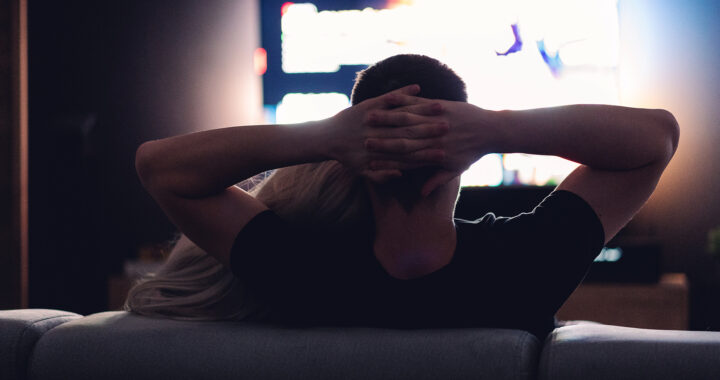Researchers at the University of Georgia have presented new insights into the effects of binge-watching television programs and reading stories in succession. Their study, published in Acta Psychologica in July 2025, challenges prevailing assumptions by suggesting that immersive and extended consumption of narratives may strengthen memory, fuel imagination, and potentially provide psychological comfort.
Retrospective Imaginative Involvement and Cognitive Outcomes of Binge Consumption
Retrospective Imaginative Involvement
The tendency to continue mentally engaging with stories or narratives after finishing them is called retrospective imaginative involvement. This psychological concept explains how these narratives persist in the thoughts, imagination, and emotions of an individual instead of merely ending when the story in a television show, movie, or written work concludes.
It essentially reflects the afterlife of stories in the mind. People may recall specific scenes, replay dialogue in their thoughts, or imagine what might happen to the characters beyond the official storyline. Some may even construct alternate scenarios or expand upon unfinished plotlines, effectively extending the fictional world within their own imagination.
Retrospective imaginative involvement is not just an idle memory but an active cognitive process that involves revisiting the narrative, connecting details, and embedding the story into personal mental frameworks. This strengthens narrative recall because mentally reengaging with the story reinforces memory traces and makes plotlines more cohesive over time.
Lead author J. Baldwin highlights that human beings are drawn to stories to fulfill psychological needs, such as connection, autonomy, confidence, and a sense of security. He collaborated with other researchers to investigate and explain how consuming stories consecutively rather than intermittently influences retrospective imaginative involvement.
Bearings of Binge-Consumption
The researchers employed surveys and structured questionnaires to measure how participants consumed narratives. They assessed memory recall, narrative comprehension, and retrospective imaginative involvement, while also examining contextual factors such as leisure time, stress levels, and escapism tendencies. The following are the main findings:
1. Binge Consumption Enhances Memorability and Engagement
Consuming TV shows and books consecutively for extended durations or binge-watching and binge-reading were found to be more memorable and more likely to initiate the connective process called retrospective imaginative involvement.
2. Escapism and Binge Tendencies Fuel Mental Engagement
Audience members who tend to binge-watch and use narratives as a means to escape were more prone to engage in retrospective imaginative involvement. This means they continued to think about and mentally revisit the stories even after finishing them.
3. Contextual Factors of Retrospective Imaginative Involvement
Those who have more leisure time have stronger retrospective imaginative involvement, as they can reflect on and extend narratives, whereas those experiencing stress showed reduced capacity for such engagement beyond initial story consumption.
4. Binge-Consumption May Help in Recovering from Stress
The formation of robust mental models from binge-consumption can help in recovering from stress and enable disengagement from immediate pressures by mentally escaping into expansive, vivid, comforting, and immersive narrative worlds.
Important Takeaways and Implications
Watching TV shows tends to be more memorable than reading books. However, avid readers who immersed themselves deeply in novels demonstrated similarly strong imaginative engagement. The difference suggested that the format of the narrative may be less important than the intensity of attention and emotional investment given by the audience.
The researchers stressed that the effects of binge consumption are neither inherently positive nor negative. The outcome depends upon content quality, motivations, psychological background, and context. For some individuals, it may enhance creativity and aid emotional regulation, while for others it may reinforce avoidance behaviors or disrupt balance.
Nevertheless, what may appear to be a passive form of entertainment can, under the right conditions, serve as a meaningful cognitive and emotional exercise. Consuming narratives in succession, rather than being dismissed as indulgence, may represent a natural way for individuals to connect with stories, manage stress, and stimulate imagination.
FURTHER READING AND REFERENCE
- Baldwin, J., Ulusoy, E., Durfee, M., Busselle, R., and Ewoldsen, D. R. 2025. “Watching One More Episode and Reading One More Chapter: What Entertainment Contexts Lead to Retrospective Imaginative Involvement?” Acta Psychologica. 257: 105101. DOI: 1016/j.actpsy.2025.105101
